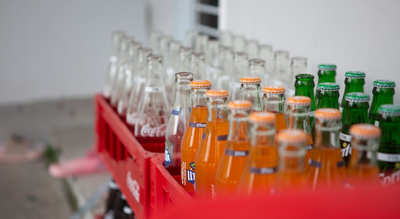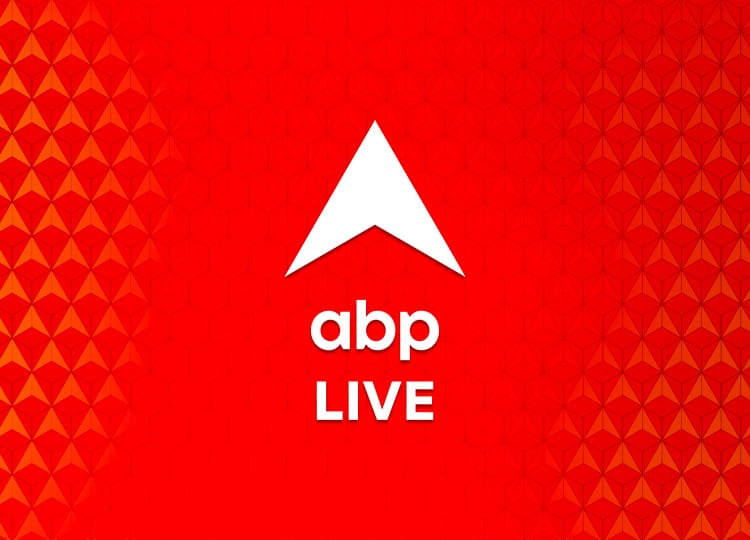The UAE has publicly announced the final details of its new tiered volumetric model for taxing sweetened drinks, including the calculation method, rate brackets, and enforcement framework, ahead of its rollout on 1 January 2026.In an earlier circular this month, the Ministry of Finance said the legislative process for the new sugar tax framework was nearing completion and would soon be ready for rollout. In its most recent update, the ministry confirmed that the system is now ready for implementation, with all calculation details and compliance guidelines published on official platforms. This latest circular gives manufacturers, retailers, and distributors ample time to adjust supply chains and update product labelling before the model takes effect, marking one of the UAE’s most anticipated tax updates of the year.The first announcement came in July 2025, when the Federal Tax Authority (FTA) said that from 2026, taxes on sweetened beverages would be calculated based on sugar concentration rather than product type, a shift from the existing flat 50 per cent excise rate.The new model forms part of the UAE’s broader public health strategy to curb sugar consumption, promote healthier choices, and align its excise tax framework with GCC standards.
From flat rate to tiered model
The new system will calculate excise tax based on the amount of sugar or sweeteners per 100ml, rather than applying a fixed percentage to all sweetened beverages. Under this tiered volumetric model, sweetened drinks will be taxed according to how much sugar they contain per litre. The higher the sugar content, the higher the tax rate. The Federal Tax Authority (FTA) has urged producers, importers, and distributors to begin reviewing their product formulas and sugar content to prepare for the new policy. Once implemented, all sweetened drinks must be tested and registered with certified laboratory reports confirming their sugar levels. Drinks without a UAE Certificate of Conformity will automatically be classified as high-sugar beverages until laboratory results confirm otherwise.
How the system will work
Sweetened drinks will fall into four main categories based on total sugar content (including natural, added, and other sweeteners):
| Category | Total sugar content (per 100ml) |
|---|---|
| High-sugar drinks | 8g or more |
| Moderate-sugar drinks | 5g or more but less than 8g |
| Low-sugar drinks | Less than 5g |
| Artificially sweetened drinks only | 0% excise tax |
Drinks containing only natural sugars (for example, 100% natural fruit or vegetable juices with no added sugar or sweeteners) will not be taxed. Likewise, drinks that contain only artificial sweeteners such as aspartame, sucralose, saccharin, or stevia will be taxed at 0%. Carbonated beverages will no longer be treated as a separate excise category, their taxation will depend solely on sugar content. However, energy drinks will remain taxed at 100% of the excise price, outside the tiered model.
What counts as a sweetened drink
Under the upcoming rules, a sweetened drink will refer to any beverage with added sugar, artificial sweeteners, or other sweeteners that is intended for consumption. This includes drinks in any form, ready-to-drink, concentrated liquids, powders, gels, or extracts — that can be mixed or prepared into a drink. To comply with the system, companies will need to:
- Obtain certified lab reports showing sugar and sweetener content.
- Register products with the Federal Tax Authority (FTA) as excise goods.
- Apply for the UAE Certificate of Conformity, confirming total sugar levels.
Drinks not certified will automatically be taxed at the highest rate until verification.
Exemptions
Certain categories will remain exempt from the sugar tax:
- 100% natural fruit and vegetable juices with no added sugar or sweeteners
- Milk and dairy-based products
- Baby formula and follow-up milk
- Medical or dietary-use beverages
- Drinks made for personal or non-commercial use
- Drinks freshly prepared and served in open containers, such as in cafés or restaurants
What Is excise tax?
An excise tax is a levy applied to goods that are harmful to health or the environment. Introduced in the UAE in 2017, it aims to discourage unhealthy consumption while contributing to public revenue that supports healthcare and social initiatives. Initially, excise tax covered carbonated drinks, energy drinks, and tobacco products, and was later expanded in 2019 to include sweetened beverages and electronic smoking products.
Current excise tax rates in the UAE
Until the new model takes effect in 2026, the following excise rates remain in place:
- 50% on carbonated drinks
- 100% on tobacco products
- 100% on energy drinks
- 100% on electronic smoking devices
- 100% on liquids used in such devices
- 50% on any product with added sugar or other sweeteners
Sweetened drinks will move out of this flat 50% rate once the new tiered volumetric system begins in January 2026.
Encouraging early compliance
The Federal Tax Authority has been conducting awareness campaigns to help manufacturers and suppliers adapt. It has also assured businesses of ample time to review product formulations, update tax records, and ensure operational readiness ahead of the transition. The FTA stated that once the legislation comes into force, “those subject to excise tax will be required to register sweetened drinks as excise goods after submitting certified laboratory reports accredited by the Ministry of Industry and Advanced Technology.” In essence, from 2026, the UAE’s sugar tax will no longer be one-size-fits-all. Instead, it will be a smart, health-focused model that taxes drinks according to how sweet they really are, rewarding manufacturers who reduce sugar and giving consumers a clearer incentive to make healthier choices. Go to Source



